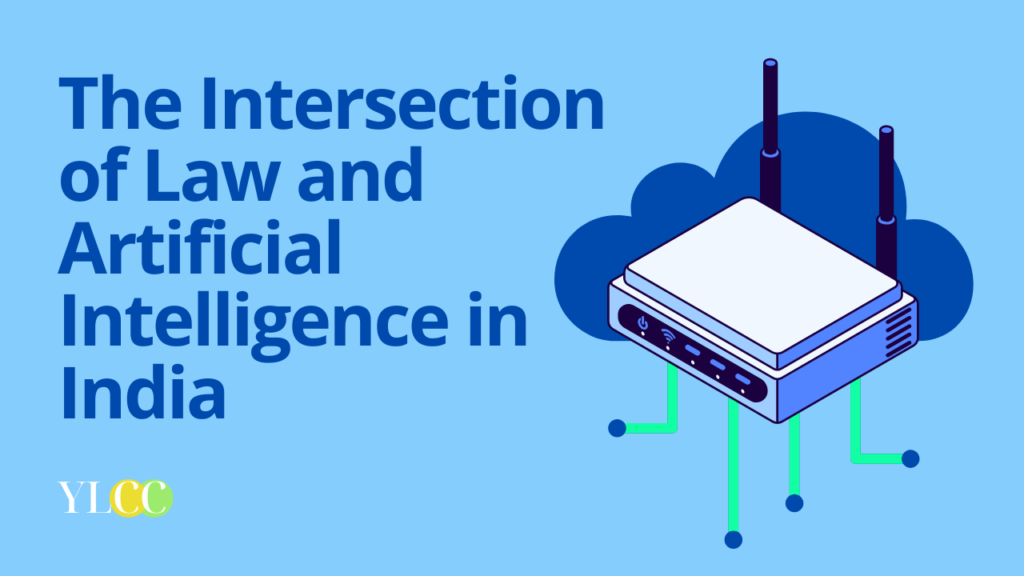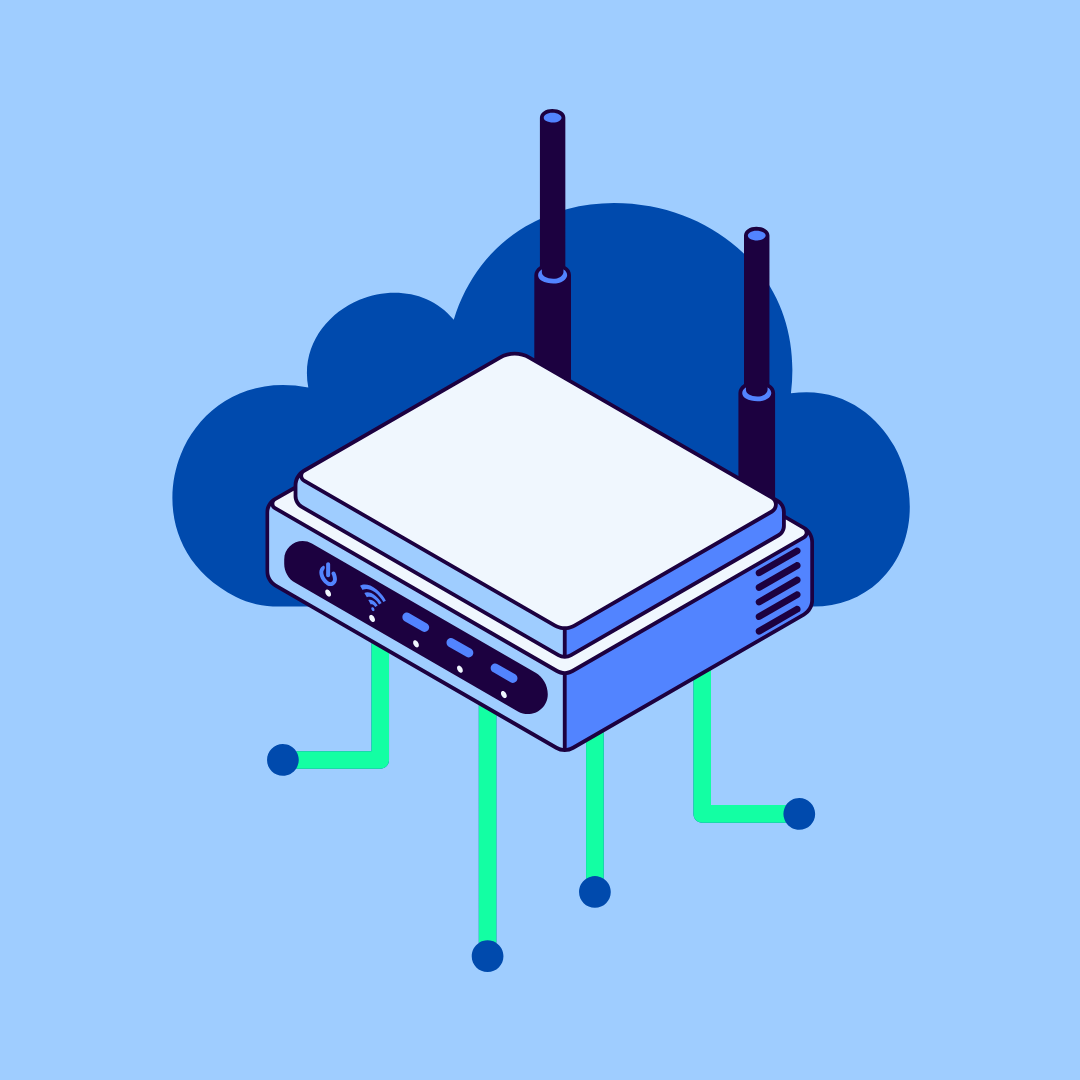
INTRODUCTION
According to Supreme Court Judge Hima Kohli, Artificial Intelligence (AI) should not be perceived as a menace; instead, it presents an opportunity to elevate the standard of legal practice (see here). She regards AI as a ‘game-changer’ in the legal domain, capable of transforming the approach of legal professionals. However, Justice Kohli also expressed apprehensions about ethical issues concerning the accountability, transparency, and safeguarding of parties’ rights that may arise due to the integration of AI in the legal sector.
As one of the fastest-growing technology hubs, India has yet to be immune to the Artificial Intelligence (AI) revolution. The rapid proliferation of AI technologies in India has unleashed a wave of innovation, empowering businesses to streamline processes, make data-driven decisions, and enhance customer experiences. However, with these promising developments come complex legal challenges that demand careful consideration. As AI technologies become more pervasive and sophisticated, they raise intricate legal issues that have far-reaching implications for individuals, businesses, and society at large. The convergence of AI and law has led to a novel intersection which forces legal professionals and policymakers to navigate uncharted territory.
Through this article, team YLCC explains the intersection of law and AI in India and explores the implications of AI’s integration into various sectors and the legal complexities it engenders.

AI AND INDIAN LEGAL LANDSCAPE
The current state of AI in India showcases a growing adoption of this transformative technology across various industries, including healthcare, finance, e-commerce, and more. As AI continues to advance, it offers remarkable potential to revolutionize the legal landscape in the country. In the healthcare sector, AI is prominently utilized to analyze vast amounts of medical data efficiently. AI-powered diagnostic tools aid in the early detection of diseases, improving patient outcomes. Additionally, AI-driven research assists in drug discovery and personalized treatment plans, making healthcare more effective and accessible.
Some of the key points:
- The finance industry in India has witnessed significant AI integration, particularly in algorithmic trading and risk assessment. AI-driven algorithms analyze market trends and patterns, enabling faster and more accurate investment decisions. Moreover, AI-powered chatbots have become prevalent in customer service, enhancing user experiences in the banking and finance sectors.
- E-commerce is another domain where AI has made substantial inroads. Online platforms leverage AI to personalize product recommendations based on user preferences, improving customer satisfaction and retention. Additionally, AI-driven logistics and supply chain management optimize operations and streamline the delivery process.
- While AI offers immense potential, it also brings forth the need for laws and regulations to address ethical concerns and ensure responsible AI deployment. India has still not introduced specific comprehensive legislation exclusively dedicated to AI. However, existing laws and regulations related to data protection and privacy, consumer rights, and intellectual property have implications for AI applications.
- The Personal Data Protection Bill (PDPB) aimed to establish principles for data processing and protection, becoming relevant in AI applications dealing with personal data. Additionally, the Information Technology (Reasonable Security Practices and Procedures and Sensitive Personal Data or Information) Rules, 2011, outline security practices for handling sensitive data, applicable to AI systems handling sensitive user information. Furthermore, the Indian Copyright Act of 1957 and the Patent Act of 1970 have relevance in the context of AI-generated works and patenting AI-related inventions, respectively.
INTELLECTUAL PROPERTY & AI
The intersection of AI and Intellectual Property Rights (IPR) in India presents a complex landscape. As AI continues to evolve, questions arise regarding the ownership and protection of AI-generated creations and inventions.
The Indian Patent Act of 1970 allows for the patenting of inventions involving AI. However, AI systems’ rapid evolution may raise uncertainties about the patent scope and the potential for multiple inventors, including the AI itself which leads to novel debates over inventorship and ownership. Copyright issues related to AI-generated content are also significant as AI-generated works, such as art, music, and literature, blur the lines of traditional authorship. Under the Copyright Act of 1957, which grants copyright to human authors, determining the rightful owner of AI-generated content can be challenging and questions about the originality and creativity of AI-generated works may arise.
Data Protection and Privacy:
The widespread use of AI technologies in India has several implications for personal data protection as AI systems rely heavily on vast amounts of data, including sensitive user information, to function effectively. Therefore, the impact of AI on personal data protection becomes a critical concern. AI technologies handle and process sensitive user data to deliver personalized services and recommendations.
Data protection laws and regulations play an important role in safeguarding individuals’ privacy amidst the growing use of AI. India’s proposed Personal Data Protection Bill (see here) aims to establish comprehensive principles for data processing, storage, and transfer. Implementing robust data protection measures becomes essential to ensure that AI systems adhere to privacy standards and obtain explicit consent from users for data usage. Furthermore, data protection laws address issues of data breaches and security, as AI applications may inadvertently expose sensitive information.
AI IN THE INDIAN JUDICIARY
Recently, on March 27, 2023, the Punjab & Haryana High Court employed an AI chatbot developed by OpenAI, called ChatGPT, during the proceedings of a bail case (see here). AI’s most significant impact in the Indian judiciary is evident in legal research.
Key points:
- Legal research: AI-powered legal research tools can rapidly sift through vast volumes of legal documents, case laws, and precedents, significantly reducing the time and effort required for lawyers and judges to gather relevant information. This enhanced access to legal resources allows for more comprehensive and well-informed legal arguments and decisions.
- Case prediction: Another valuable application of AI is in case prediction. AI algorithms can analyze historical case data, patterns, and outcomes to predict the likelihood of success in ongoing cases. AI assists legal practitioners in evaluating the strengths and weaknesses of their arguments, facilitating informed decision-making.
- Contract: AI’s capabilities extend to contract analysis, where it can efficiently review and analyze complex contracts, identifying critical terms, potential risks, and inconsistencies. This technology streamlines contract review processes, ensuring legal compliance and minimizing the chances of oversight or error.
Advantages and Challenges
The integration of AI in the Indian judiciary offers several advantages that contribute to a more effective and transparent legal system, such as:
- AI tools significantly expedite legal research, case analysis, and document review, reducing the time required for various legal processes.
- AI-driven case prediction helps judges make informed decisions based on historical data, promoting consistency and objectivity in judgments.
- AI-powered legal research platforms provide broader access to legal knowledge, benefiting lawyers, judges, and litigants alike, especially in remote or underserved regions.
- Automating repetitive tasks through AI reduces the burden on legal professionals, which enables them to focus on more complex and strategic aspects of their work.
However, the integration of AI in the Indian judiciary also poses certain challenges:
- AI algorithms can be susceptible to bias if trained on data that reflects historical prejudices or discriminatory practices.
- AI-generated predictions or decisions may lack transparency and be difficult to interpret, raising concerns about accountability and the ‘black box’ problem.
- The use of AI in handling sensitive legal data requires robust data privacy and security measures to protect the confidentiality and integrity of information.
- The use of AI in judicial decision-making raises questions about its legal standing and the ethical implications of delegating certain tasks to AI systems.
LEGAL CHALLENGES POSED BY AI
The implementation of AI in India brings about a host of unique legal challenges, stemming from the transformative nature of AI technologies. As AI continues to permeate various sectors, the following legal issues arise:
- Data Privacy, Security, and Ownership: The use of AI relies heavily on vast amounts of data, including personal and sensitive information. This raises concerns about data privacy and security, as AI systems must adhere to stringent measures to protect individuals’ personal data from unauthorized access and breaches. Additionally, the issue of data ownership becomes complex, especially when AI algorithms are trained on data from multiple sources.
- Liability Concerns in AI-driven Accidents or Failures: AI systems can make errors or lead to unforeseen outcomes, which can have significant consequences. Determining liability in cases of AI-driven accidents or failures becomes challenging. Questions arise about who should be held accountable: the developers, the organization deploying the AI, or the AI system itself.
- Ethical and Moral Considerations Regarding AI Decision-making: As AI algorithms become more autonomous and capable of complex decision-making, ethical dilemmas arise. Decisions made by AI can impact individuals’ lives and rights, making it essential to ensure fairness, transparency, and accountability in the decision-making process.
- Intellectual Property and AI-generated Works: AI-generated works, such as art, music, and literature, raise challenges in terms of copyright and ownership. Determining the rightful author or creator of AI-generated content becomes difficult under traditional copyright laws, as AI systems generate works with minimal human intervention.
- Bias and Discrimination in AI Algorithms: AI algorithms can inadvertently perpetuate biases present in the data used for training. This can lead to discriminatory outcomes and unfair treatment of certain individuals or groups.
- Cross-border Legal Challenges: The global nature of AI technology poses cross-border legal challenges. Issues related to data transfer, jurisdiction, and compliance with different legal frameworks become complex when AI systems are used across international boundaries.
This article has been written by Team YLCC. For any other queries, reach out to us at: queries.ylcc@gmail.com






